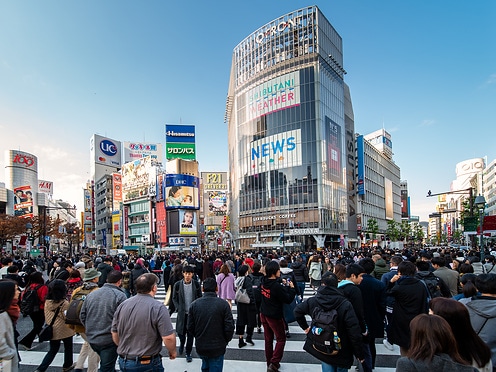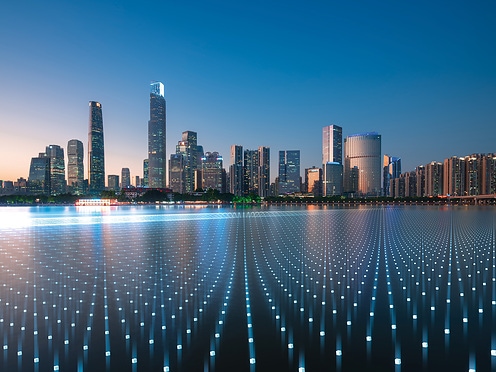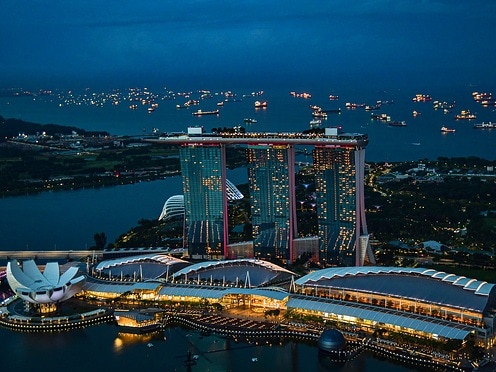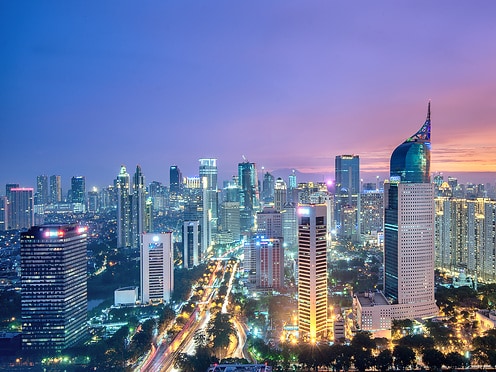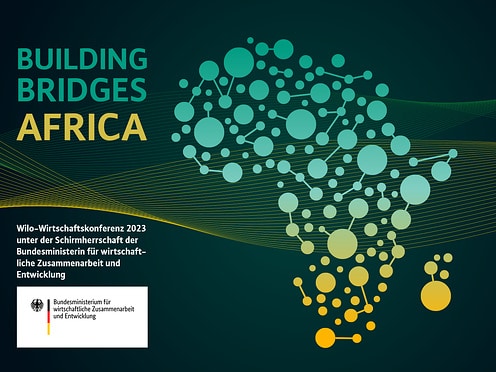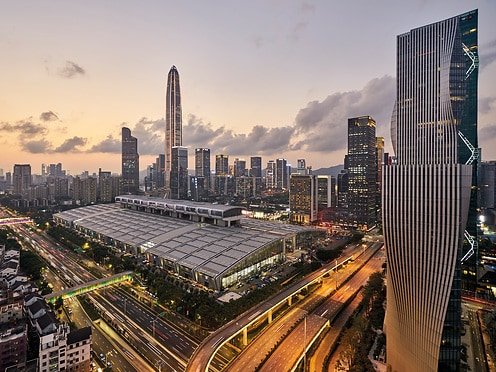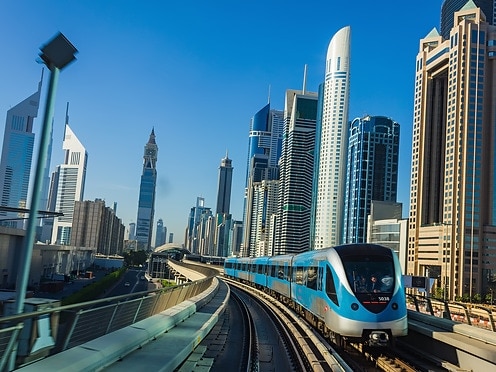Prof. Dr Alexander Sandkamp: “We’ve got to diversify, not isolate”
With the coronavirus pandemic and the Russian invasion of Ukraine, the global economy was hit by two crises in a very short period of time. Economics Professor Dr Alexander Sandkamp explains in an interview what geopolitical consequences these events have, what the decoupling of value chains means for the global economy, and how politicians and companies can now respond.
This text is part of Wilo's annual report 2022.


Prof. Dr Alexander Sandkamp. Source: IfW Kiel
Professor Sandkamp, together with some colleagues of yours you recently conducted several studies to investigate the consequences of states or communities of states decoupling from each other in terms of economics. How did you proceed?
For our studies, we examined how a reverse shift of value creation would affect trade and real income. This can be simulated by raising trade barriers. In the simulation model from the Kiel Institute, for example, we have run through a doubling of European trade barriers vis-à-vis China.
What was the result?
Trade would collapse due to the isolationism. The European market sources many intermediate goods from China because production is cheaper there. On the other hand, Europe also exports many goods to China. A reduction in trade would be reflected in income in Europe and China: In the EU, income would fall by 0.8 per cent on average, in Germany as much as 1 per cent. China would record a decline of 0.9 per cent. This is a permanent effect, so income would be permanently lower than in a world without additional barriers.
This scenario, a hard decoupling between the EU and China, is fiction. In reality, however, global value chains are also becoming more and more disentangled. What influence did the coronavirus pandemic have on this development, and what influence did the Russian invasion of Ukraine have?
Both of these crises have exponential effects and clearly exacerbated decoupling tendencies worldwide. At first, we only felt the immediate effects: Port closures and lockdowns threw supply chains into disarray during the pandemic, and the invasion of Ukraine caused a sudden collapse in trade with Russia, making certain goods less available. These are the direct effects of the crises. In the long run, however, it’s the indirect consequences that are much more worrying: the political conclusions that are being drawn from the crises.
What political conclusions do you mean?
I think the increasing popularity of protectionism is dangerous. The idea of globalism is having a hard time at the moment. Instead, we are experiencing a strong push towards deglobalisation, as countries are looking within their own borders to supposedly make themselves more crisis-proof. Firstly, this is problematic because – as our study has demonstrated – shifting value creation back to the domestic economy jeopardises income. And secondly, it’s problematic since the sense of security here is deceptive.
Why’s that? After all, the idea makes sense: Those who have the value chains back in their own country have them under control.
Bringing back value chains does not necessarily mean having them under control. Because what if the crisis hits you? Let’s take the example of Europe again. If the EU were largely disconnected from the rest of the world, the shortfalls in European fertiliser production due to the gas shortage last year would probably have had a more serious impact on the EU’s food supply. This is because there would have been fewer opportunities to replace the losses with imports of fertiliser. Trade always acts as a kind of insurance, too. If a crisis means I can no longer produce myself, then I can fall back on imports. We take away this insurance when we try to make ourselves completely self-sufficient.
“Bringing back value chains does not necessarily mean having them under control.”
So you see a danger in decoupling. But doesn’t this development also bring opportunities?
Yes, I see great risks for prosperity in political decoupling. But of course there are also winners. Domestic industries and companies benefit from the isolationism because they suddenly no longer face cheaper competitors from abroad. As well as this, some countries would certainly move closer together. For example, European countries would do that if the EU decoupled from the rest of the world. However, the disadvantages outweigh the advantages in my eyes. We’re not only talking about economic consequences, i.e. income effects, but also political consequences. In my view, a realistic scenario for the future is a decoupling of East and West. China and Russia (perhaps even India) and the West (above all the US and Europe) would then stand at opposite poles. Of course, this brings with it the danger that the political rivals in East and West would no longer speak to each other. They would become even more estranged without trade relations. That’s never done the world any good in the past.
One counterargument would be: Trading with Russia did not save us from the Ukraine war.
That’s true. Russia still went ahead and invaded Ukraine – despite their trade with the whole world. But we don’t know what might have happened if we had not maintained economic relations with Russia. I’m still of the opinion that an economic interdependence of countries is nevertheless fundamentally sensible since it reduces the danger of conflict and war – although unfortunately it doesn’t completely eliminate it. One-sided dependencies must not be allowed to develop. However, mutual dependencies are a good thing to a certain extent.
How can decoupling be counteracted?
The countermeasures are in the hands of politics and business. I can understand that governments and companies don’t want to be held to ransom by individual countries. But there are still different ways to influence this. On the one hand, there’s isolationism: Policymakers can make it unattractive for companies to invest in these countries, for example by reducing investment protection guarantees. On the other hand, we can make trade with other countries attractive, for example through higher investment protection guarantees or more free trade agreements. In order to actually make ourselves more crisis-resistant, we should become more creative. We’ve got to diversify, not isolate.
For years, Wilo’s answer to decoupling has been the region-for-region approach. Regional customer needs are served with regionally manufactured products. Is Wilo on the right track here?
This approach is understandable. Global companies must naturally align their strategy to the fragmentation of our world economy. In the face of increasing trade restrictions, it may be better for companies to manufacture and provide services on a regional basis. We cannot yet foresee the macroeconomic consequences of this diversification. However, this approach certainly makes sense from a business perspective.
About our interview partner
Prof. Dr Alexander Sandkamp conducts research at the Institute of Economics at the Kiel University and specialises in quantitative foreign trade research. He is also a member of the Trade Policy Research Centre of the Kiel Institute for the World Economy, which studies trade policy issues of strategic and current relevance.
The interview was held on November 16, 2022.

